Naomi Hirahara
Summer of the Big Bachi
Delta Trade Paperbacks
TABLE OF CONTENTS
To Mom and Dad,
for dreams and laughter,
and to
Chiyoko Mukai
(19122003)
On August 6, 1945, at 8:15 a.m.,
an atomic bomb was dropped on the naval base
of Hiroshima, Japan.
Approximately 140,000 individuals
were killed instantly or died within months.
At least 210,000, however, survived.
Of the survivors, more than 500 eventually
returned to their birthplacethe United States.
ACKNOWLEDGMENTS
First of all, I credit my early readersMarilyn Lowery, Sandra Mizumoto Posey, and Thelma Seto, the latter two who listened to drafts while on a houseboat docked in Marina del Rey. Virginia Stem Owens, my mentor in more things besides writing, helped to rein and guide the revisions, while Brian Niiya, who only gets sharper with age, gave valuable input, as did Joyce Nako, my kindred spirit, and Momoko Iko. I thank the California Community Foundation for its Brody Arts Award and Hedgebrook on Whidbey Island in Washington state for both the space (an incredible one at that!) and time to write. Im also indebted to the Milton Center in Wichita, Kansas, and its supporters for its writing fellowship program.
Additional acknowledgments go to my former colleagues at The Rafu Shimpo newspaper, UCLA Extension Writers Program, Pacific Asian American Women WritersWest, and the Little Tokyo community in Los Angeles. Evergreen Baptist Church, First Baptist Church of Wichita, and New Life Christian Church all provided spiritual guidance and encouragement.
Mas would have never made it in the New York City publishing world without the insight of two literary professionals: my agent Sonia Pabley and editor Abby Zidle. Thank you for seeing the potential of this series and helping to make it better.
Again, there were many who provided tangible and emotional support during this process: Martie Quan, Coleen Nakamura, Sindy Saito, Diane Ujiiye, Jane Yamashita Shirk, Amy Ota, Elaine Kimura, Essie Sappenfield, Grace Choi, Jeroo Sinor, and, of course, my parents, Isamu and Mayumi Hirahara, and my brother Jimmy.
Most importantly, I could not have fully pursued the writing of Mass stories without the enthusiasm and sweat of my husband Wes, a poet and storyteller in his own right.

July 1999
 Mas Arai didnt believe in Jesus or Buddha, but thought there might be something in bachi . In Japanese, bachi was when you snapped at your wife, and then tripped on a rock in the driveway. You didnt suffer your punishment in another lifetime, but within the same life, even within the next few minutes.
Mas Arai didnt believe in Jesus or Buddha, but thought there might be something in bachi . In Japanese, bachi was when you snapped at your wife, and then tripped on a rock in the driveway. You didnt suffer your punishment in another lifetime, but within the same life, even within the next few minutes.
Bachi came to Mass mind when he heard the news at Tanakas Lawnmower Shop, in Altadena, California. The news had spread a hundred miles in less than a hour; by the time it reached Tanakas, it was eight in the evening, and unusual for Mas and two other old gardeners to be there so late.
The lawn mower shops owner, Wishbone Tanaka, was the one to tell it: Haneda was dead. No one had liked this man called Joji Haneda, but then, they hardly liked anyone at all. He had been tall, with a hooked nose, strange for a Japanese, and a keloid scar splashed across his neck like a spidery starfish. They knew basic things about him: He owned a nursery in Ventura County and was born in Los Angeles but had spent some time in Japan. And although he had a wife and two children, he was no family man. Far from it.
Nobody knew any other details of his life; nobody aside from Mas Arai. So really, Joji Haneda, U.S.A., could have disappeared that instant, his existence erased. Whether he would be remembered for who he really was depended entirely on Mas, who bowled well enough to know that you could handle a split effectively in either of two ways. If you are right-handed, tap the left pin gently on the left side so that it pushes down the right pin. Or else bang the right pin hard enough so that it ricochets from the back to the left. Beginners, on the other hand, dont know about these things. They usually release the ball right down the middle. It is no wonder they end up hitting nothing.
Mas knew that they all were expecting him to come up with an explanation. Tell them why this man had turned on them so hard, like a beaten dog. But it couldnt be told to those who hadnt been there. As much as Mas had hated the man, he knew that they were two of a kind. For them, keeping secrets was a way out. But while Joji had escaped, Mas was still around, waiting for bachi to strike at any second.
CHAPTER ONE

June 1999
 Tanakas Lawnmower Shop was where it all started, at least this time around. Buried in a town called Altadena at the base of the purple San Gabriel Mountains, it was the closest thing to home for Mas Arai. When Mas was younger and his hair jet-black, he spent most of his nights after his gardening route in the shops back room. They cleared the worktables of screws, pliers, and invoices and got out a case of plastic poker chips in red, yellow, blue, and green. Wishbone Tanaka would plunk down a new pack of playing cards, a sticker still keeping the virgin lid in place. Someone would toss in a bag of red-dyed pistachios; after a night of cards, everyones fingertips would be pink and salty.
Tanakas Lawnmower Shop was where it all started, at least this time around. Buried in a town called Altadena at the base of the purple San Gabriel Mountains, it was the closest thing to home for Mas Arai. When Mas was younger and his hair jet-black, he spent most of his nights after his gardening route in the shops back room. They cleared the worktables of screws, pliers, and invoices and got out a case of plastic poker chips in red, yellow, blue, and green. Wishbone Tanaka would plunk down a new pack of playing cards, a sticker still keeping the virgin lid in place. Someone would toss in a bag of red-dyed pistachios; after a night of cards, everyones fingertips would be pink and salty.
Even after he got married and his daughter, Mari, was born, Mas continued these late-night outings. Most of the guys were still single, or had wives who didnt care, but Chizuko called every night. When Mari was old enough to say Dad-dy, she was the one who was on the other side of the line. Then Chizuko was pregnant again, and Mas thought twice about gambling at Tanakas. One day its all going to catch up with you, Chizuko shrieked. You going to get big bachi .
One late weekend night the bachi did come. Mari kept calling and calling. Mas refused to take the phone, because he didnt want his successful run to be ruined.
I got me six hundred dolla, he announced, stumbling into the bedroom that night.
I dont feel so good, Masao- san, Chizuko moaned.
Mas flipped on the light. Chizukos permed hair was damp against her forehead. He turned over the flowered bedspread and cotton sheets to reveal Chizukos plump belly extending over her tight panties. Next to her was a spot of blood, fresh and dark.
I called you, Daddy. Mari, dressed in a flannel nightgown, stood in the doorway. I kept calling and calling.
After Chizukos miscarriage, Mas stopped playing cards. Chizuko kept her nagging, but it took on another tone. The words were the same, but all their power was gone. It continued like this for twenty more years, two decades filled with one bachi after another. In the end, he was the only one left in their three-bedroom house at the bottom of the San Gabriels, the purple peaks now barely visible due to the smog. Even their mutt dog was gone.
But it seemed to always work out this way for Mas. He was the ultimate survivor, whether he liked it or not. It was a distinction that Mas hated and lately had begun to test. He resumed hanging out at Tanakas, first just once a month, then once a week. Within a year, his Ford truck was on automatic. After Mas finished his gardening route at noon, he headed for Fair Oaks Boulevard, which pushed up into tiny streets like the thin veins that traced his brown fingers. While the main town, Pasadena, was full of wide boulevards and fancy streetlights, Altadena, to the north, was scrawny like a chicken that didnt get enough feed. It had a slight wildness to ithardly any sidewalksas if the town werent even worth taming. Mas liked it that way.
Next page
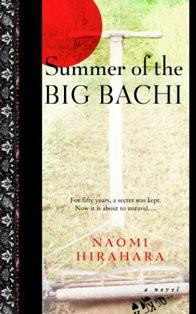
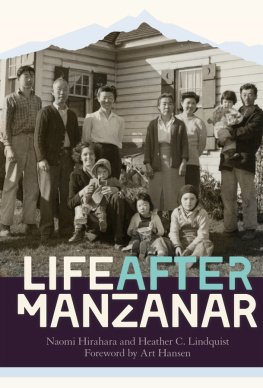
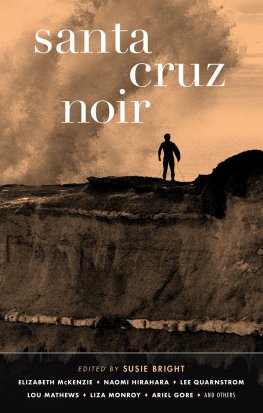

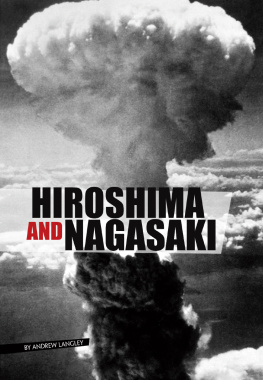
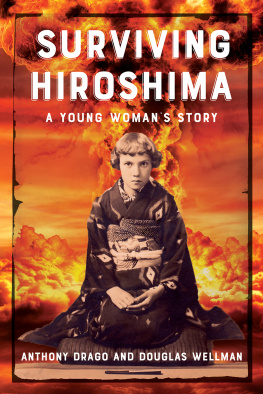
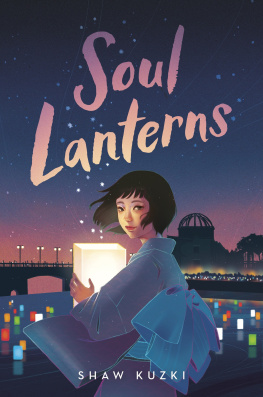
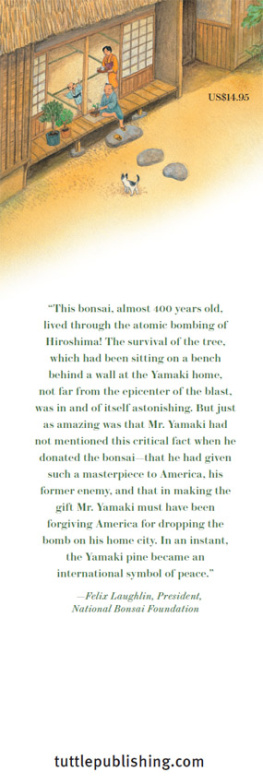
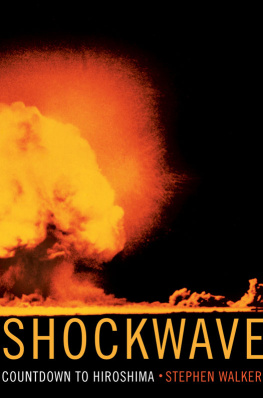

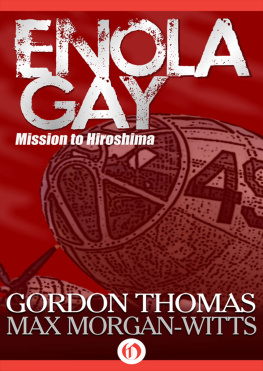
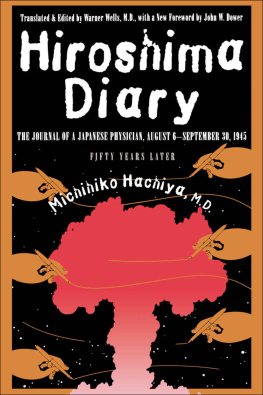
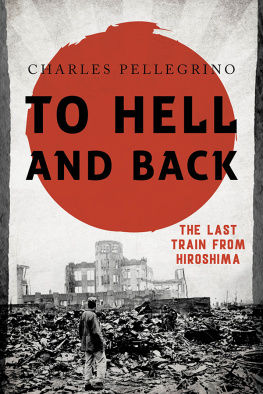

 Mas Arai didnt believe in Jesus or Buddha, but thought there might be something in bachi . In Japanese, bachi was when you snapped at your wife, and then tripped on a rock in the driveway. You didnt suffer your punishment in another lifetime, but within the same life, even within the next few minutes.
Mas Arai didnt believe in Jesus or Buddha, but thought there might be something in bachi . In Japanese, bachi was when you snapped at your wife, and then tripped on a rock in the driveway. You didnt suffer your punishment in another lifetime, but within the same life, even within the next few minutes.